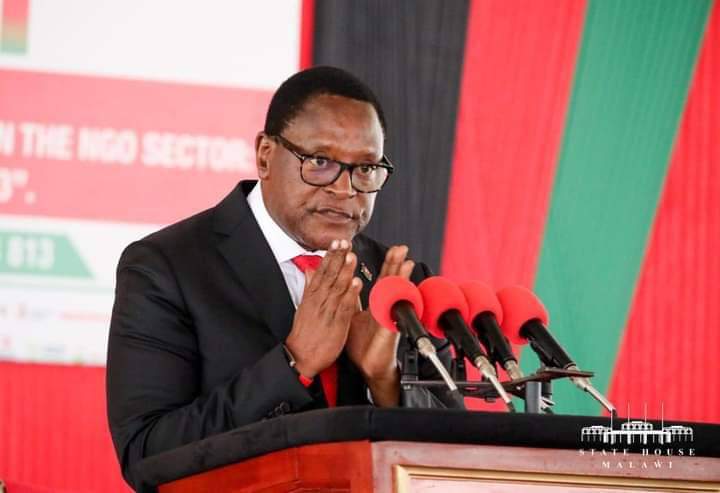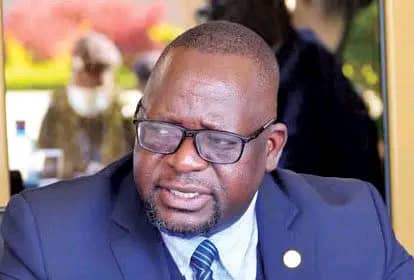In February 2020, Malawi made global headlines when its Constitutional Court nullified the 2019 presidential election results, a historic ruling that placed the country among the few African nations where courts have overturned presidential elections. The decision, however, sparked debate: Why was the presidential vote annulled while parliamentary and local government (councillor) elections held on the same day remained valid?

This investigative article explores the legal reasoning, evidence presented, and political implications behind this landmark judgment.
Background: The 2019 Tripartite Elections in Malawi
On 21 May 2019, Malawians cast their votes in a tripartite election that included:
Presidential elections
Parliamentary elections
Local government (councillor) elections
The Malawi Electoral Commission (MEC) declared then-incumbent Peter Mutharika of the Democratic Progressive Party (DPP) winner of the presidency with 38.6% of the vote, defeating Lazarus Chakwera (35.4%) and Saulos Chilima (20.2%).
However, opposition parties contested the results, citing widespread irregularities, especially the use of correction fluid (Tippex) on tally sheets, altered figures, and poor management of result transmission.
Why Only the Presidential Election Was Nullified
- Nature of Complaints Filed
The court acted on petitions filed by Chakwera (MCP) and Chilima (UTM) challenging only the presidential results.
They did not challenge parliamentary or councillor outcomes.
Courts cannot make rulings on elections that are not contested before them.
This legal limitation meant the judges were restricted to assessing the validity of the presidential race only.
- Burden of Proof and Evidence
The court found that the presidential vote was marred by irregularities significant enough to affect the outcome.
Key evidence included:
Widespread use of Tippex to alter results.
Unsigned or missing tally sheets.
Mathematical inconsistencies in vote tabulations.
In contrast, parliamentary and councillor elections were not subjected to the same intense legal scrutiny because no formal petitions were filed with the same weight of evidence.
- Constitutional and Legal Framework
Under Malawi’s Electoral Laws:
Parliamentary and councillor elections must be challenged separately within 48 hours of results announcement.
Many losing candidates did file petitions, but these were handled as individual constituency or ward disputes, not as a blanket challenge to the entire election category.
The presidential petition, however, was national in scope, and the court found systemic flaws affecting the overall legitimacy of the vote.
- Judicial Restraint
The judges applied judicial restraint, ruling only within the scope of the cases before them. Annulment of parliamentary and councillor elections would have required a much broader legal petition and evidence base.
By limiting their ruling to the presidency, the court avoided throwing the entire government structure into chaos, which could have triggered a constitutional crisis.
Political Implications of the Judgment
Re-run of Presidential Elections: The court ordered a fresh presidential election within 150 days, later held in June 2020, where Lazarus Chakwera won decisively with 58.5% of the vote.
Strengthening Judicial Independence: The ruling cemented Malawi’s reputation as a country with one of Africa’s most respected judicial systems.
Parliamentary Stability Maintained: By leaving MPs and councillors in place, the court ensured that governance structures continued functioning during the political transition.
Key Takeaway
The 2019 Malawi presidential election was nullified due to proven irregularities, but parliamentary and councillor polls were left intact because:
- They were not challenged in court with equivalent evidence.
- Each election type is governed by separate legal frameworks.
- The court exercised restraint to avoid a national governance vacuum.
This landmark ruling not only reshaped Malawi’s political landscape but also became a benchmark for electoral justice in Africa, proving that courts can hold even the most powerful leaders accountable.




